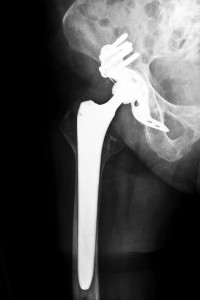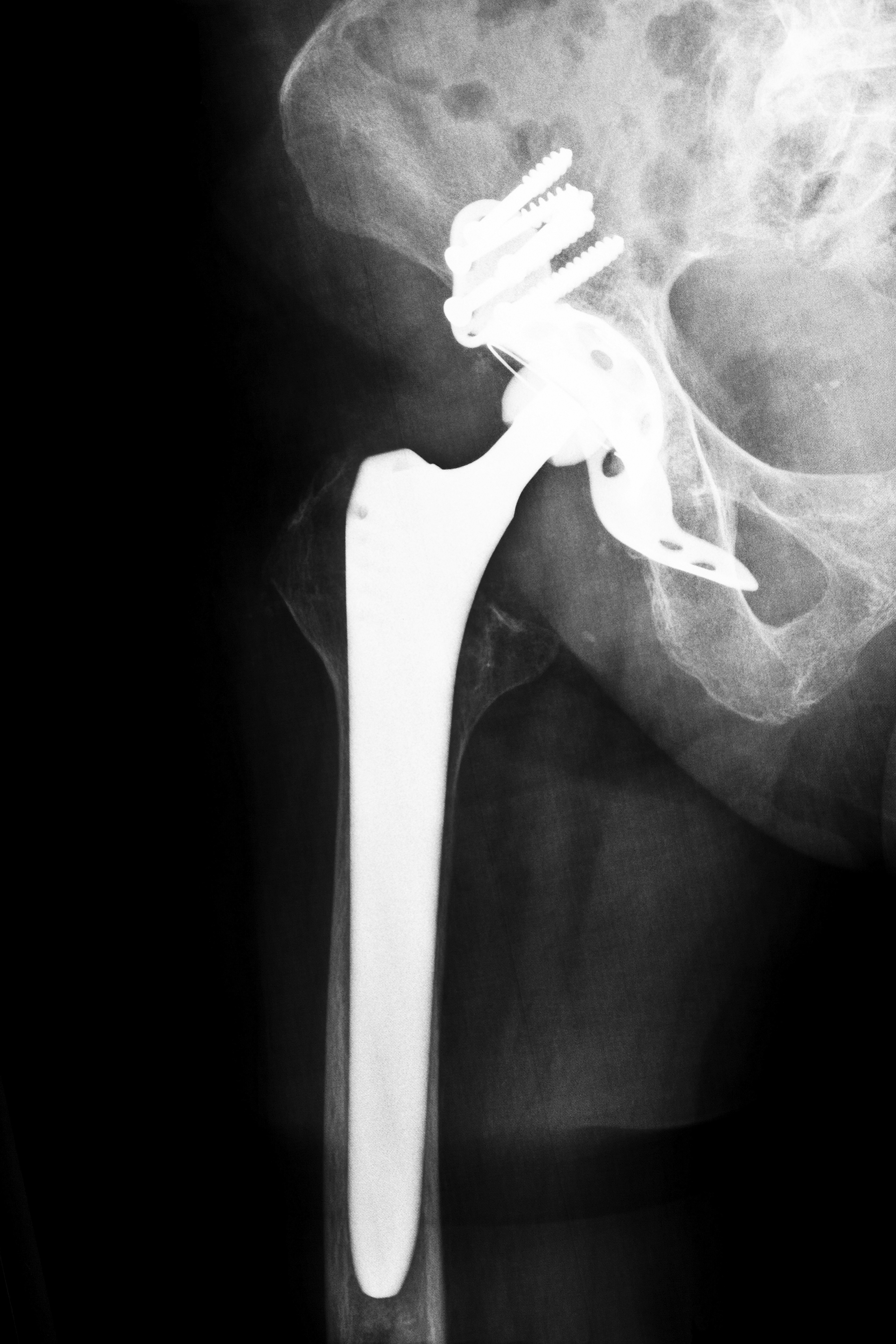 Recent hip replacement research has found that there is little hard evidence that new artificial joint implants such as ceramic-on-ceramic bearings for hip replacement patients are better than older devices. Researchers reviewed registries, comparative studies, and clinical trials for evidence that five new implants were safe and effective. Similar studies published in 2011 resulted in the withdrawal of some metal-on-metal hip replacement devices that were shown to have earlier-than-anticipated failure rates due to the friction between the metal components that could ultimately cause tissue and inflammation.
Recent hip replacement research has found that there is little hard evidence that new artificial joint implants such as ceramic-on-ceramic bearings for hip replacement patients are better than older devices. Researchers reviewed registries, comparative studies, and clinical trials for evidence that five new implants were safe and effective. Similar studies published in 2011 resulted in the withdrawal of some metal-on-metal hip replacement devices that were shown to have earlier-than-anticipated failure rates due to the friction between the metal components that could ultimately cause tissue and inflammation.
Hip Replacement Research
According to one researcher, when the hip replacement research was first published in 2011, hundreds of all-metal hip patients contacted him and asked whether they should be worried about hip replacements in general. While there is typically no cause for concern as the procedure is overall safe and outcomes are good, new product designs tend to be based more on engineering data than clinical data. While logically, a new design may have an advantage over the older, there is often little evidence in terms of real patients’ experiences.
Researchers searched for evidence supporting five hip and knee devices that were recently introduced into the market, including uncemented monoblock cups, modular femoral necks, and ceramic-on-ceramic bearings for hip replacements, as well as gender-specific knee replacement and high-flexion knee replacement. According to the authors of the study, these devices have already been implanted in patients.
In the recent hip replacement research, the study team found that the trials comparing the outcomes with these devices versus older options were of varying quality, and few studies were high-quality randomized trials. Additionally, none of the five devices appeared to improve survival or functioning more than the older versions, and some of them were twice as likely to prematurely fail and require the patient to undergo a revision procedure.
While none of the most recent devices appeared to have outcomes that would warrant a discontinuation of use, there was generally a lack of evidence in their favor. According to the hip replacement research, the technologies that are supposed to be better have not yet proven themselves to be better, and some widely-used technologies are actually worse than older models.
Patients should be aware that they can ask their surgeons if the device has been proven to be safe and effective, but if they begin to suffer from complications, it is important to seek legal counsel to possibly pursue a claim for compensation that can help to cover any pain and suffering, lost income, or medical expenses that they may have incurred as a result of any hip implant complications.
Contact Attorney Group Today
Attorney Group can discuss hip replacement lawsuits on behalf of patients throughout the U.S. who were fitted with all-metal implants and who subsequently suffered from adverse or life-threatening complications, possibly due to the devices. If you were injured or you lost a loved one due to metal poisoning or other side effects, please contact Attorney Group for a free evaluation. If you have a case, we can connect you with one of our affiliated attorneys who can help you throughout the process. Call today.






